Opposition wins in Lebanese elections, but status quo threatens to persist
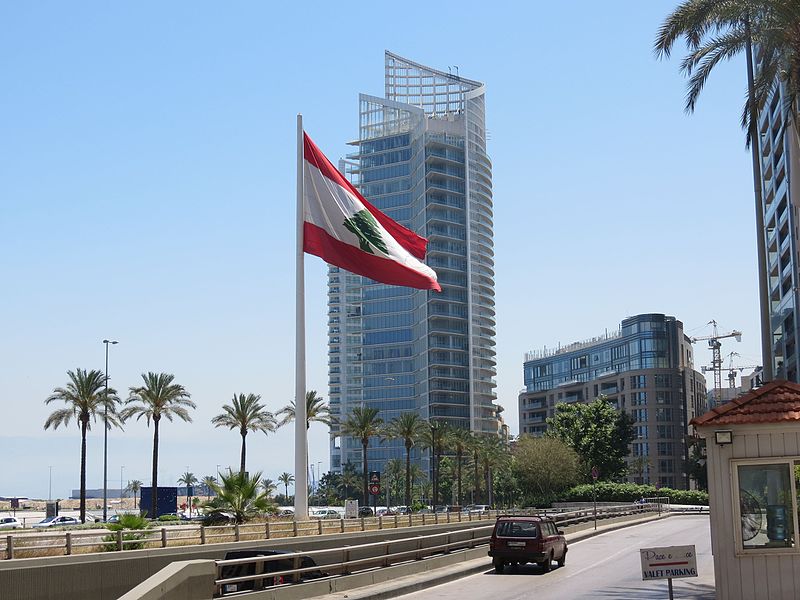
Last Sunday, 15 May, Lebanon held parliamentary elections. They were long awaited in the crisis-ridden country. An economic depression caused by political mismanagement, the coronavirus pandemic and the port explosion in Beirut in August 2020 have brought the country to the precipice. More than 70 per cent of Lebanese residents now live below poverty line.
Socio-political impacts of climate change visible in MENA
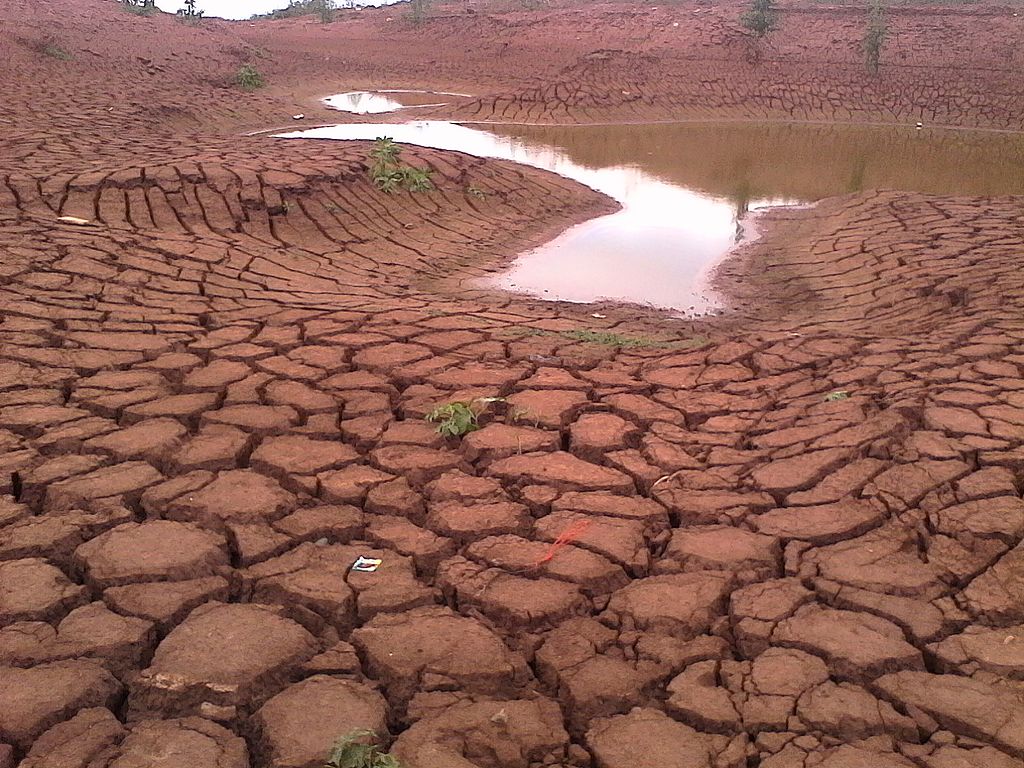
Although MENA is responsible for 3% of total global emissions since 1850, it is one of the regions where climate change will be felt most in the coming decades. Temperatures are expected to rise by 2 to 2.7 degrees between 2040 and 2059 - and up to 3.3 degrees in some regions. For the dry desert regions of MENA, this temperature rise could be dramatic if there are no major policy changes - both in MENA and among major polluters worldwide.
Successful MENA Academy in Tunisia

Last month, after almost two years of inactivity, we were able to organise another physical MENA Academy. For four days, we trained young people from different countries in the Middle East and North Africa. These are young people chosen by their own parties as promising candidates and perhaps the future leaders of their parties or countries!
The war in Yemen
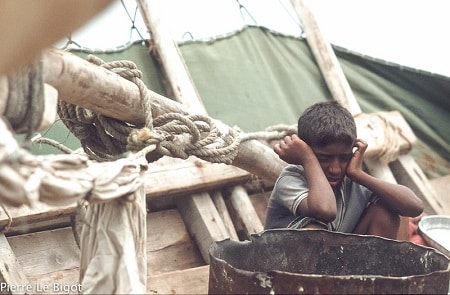
The war in Yemen goes on and on, after seven years of unrest. It all started during the Yemeni Revolution in 2011 and 2012, when the government of Ali Abdullah Saleh was overthrown. However, the historical roots of the conflict go much further, back to the eight-year civil war between republican and royalist forces that began in the September Revolution of 1962.
Vacancy Junior project manager MENA region (28 hours)
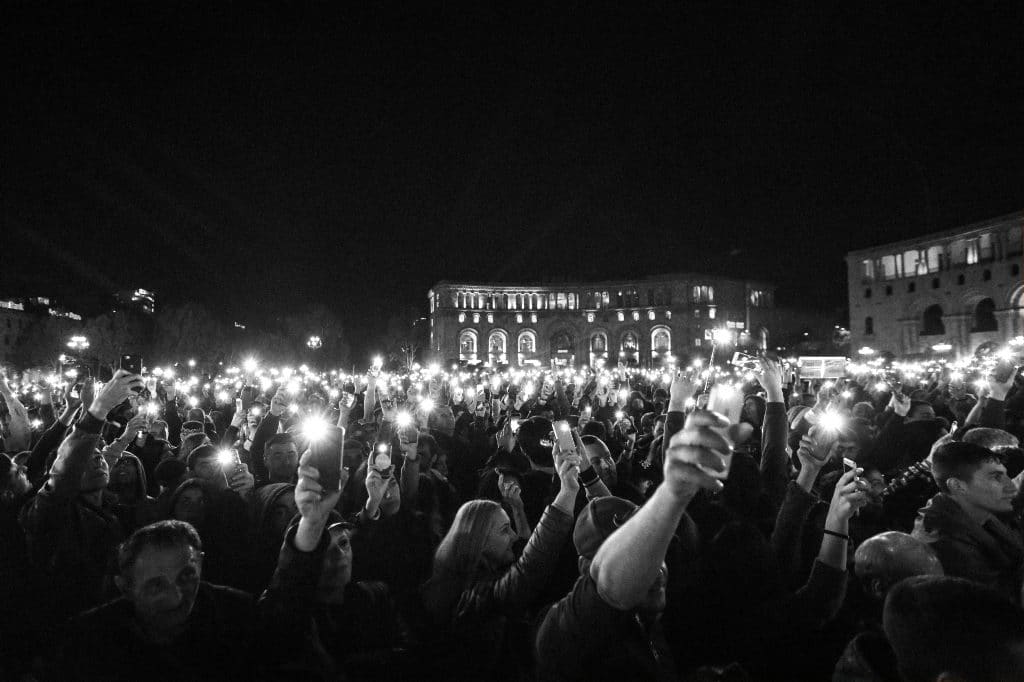
Vacancy junior project manager MENA region (28 hours). Please respond by 2 January 2022 at the latest.
Social Democratic Women of the Arab Spring

Ten years ago, there was a wave of optimism known as the Arab Spring. Change was coming to the region following the tragic death in Tunisia of Mohammed Bouazizi on 17 December 2010 which led to a wave of protests throughout the Middle East and North Africa. Women played a crucial role in the protests. The European Forum for Democracy interviewed four social democratic women activists from some of the countries of the Arab Spring. Each of them describes how under the auspices of the Arab Spring they were able to put women's rights on top of the agenda. How much of the changes were these women activists able to sustain?
Afghanistan Lecture: Dr Massouda Jalal
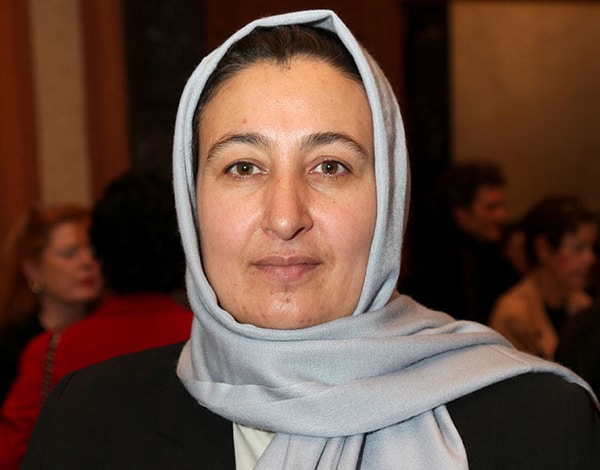
The Max van der Stoel Foundation, together with the Amsterdam Labour Party, is organising a lecture by Dr Massouda Jalal, former Minister of Women's Affairs of Afghanistan. She has been staying in the Netherlands since the Taliban took over.
Two months after parliament was suspended, Tunisian democracy rattles on all sides
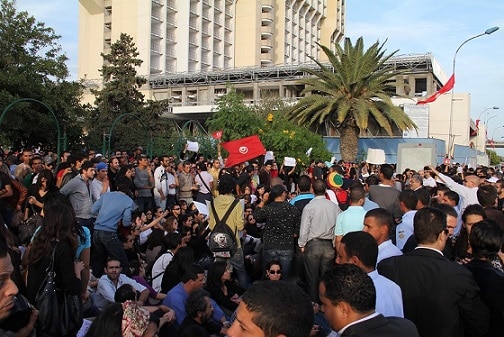
On 25 July in Tunisia, the president dissolved parliament and dismissed the prime minister. Now, two months later, there is still no parliament or prime minister. Tunisian democracy is under increasing tension. Meanwhile, protests have broken out in the capital Tunis against the seizure of power and criticism from abroad is growing. Despite the growing criticism, President Kais Saied seems unwilling to rebuild the old system with a new prime minister and parliament, and is maintaining a state of emergency. Critics say this is the beginning of an autocratic system, and the end of Tunisia's fledgling democracy.
Political paralysis in Tunisia
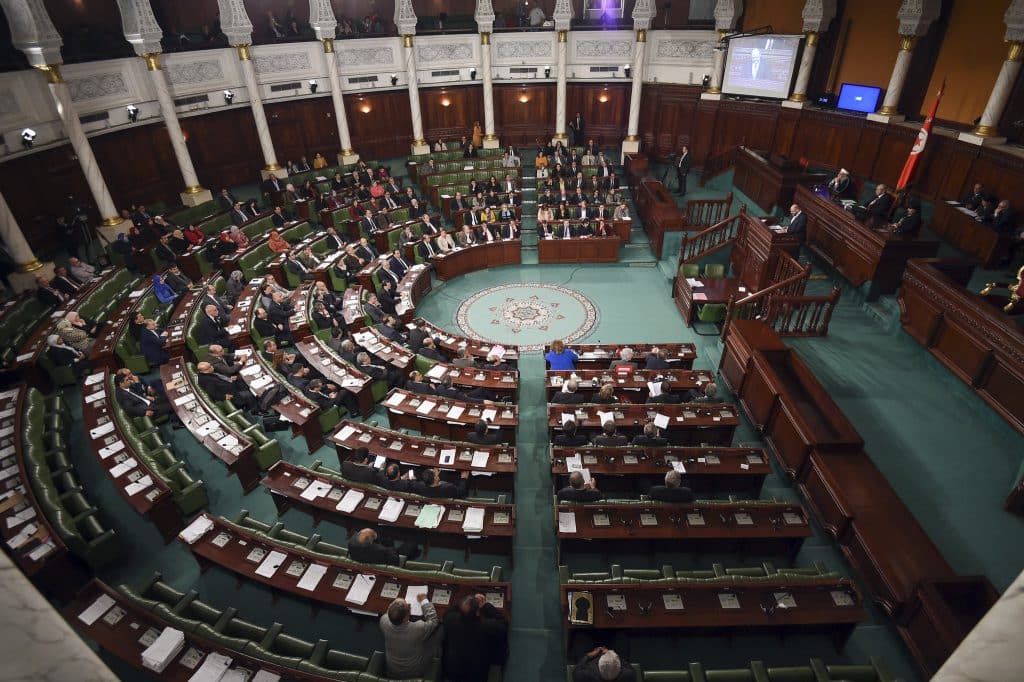
It is not the first time, and probably not the last. Tunisia is politically paralysed. The current stalemate between the president and the prime minister continues without an independent referee to give a decisive answer. Meanwhile, a fragmented and politicised parliament is causing confidence in politics to fall, young people in particular are turning away and voters are flocking to the flanks. What will it take to move the country forward again?
Western Sahara victim of US-Morocco horse-trading
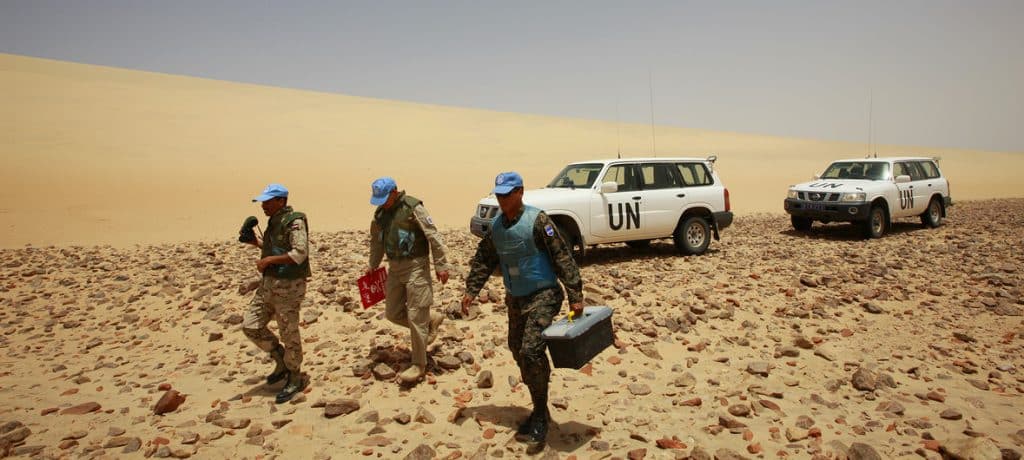
President Trump has made a deal with Morocco that will recognise Israel. In return, Morocco will get $3 billion in investment and US recognition of Moroccan sovereignty over Western Sahara. This is a rare form of horse-trading that the EU cannot simply ignore.

